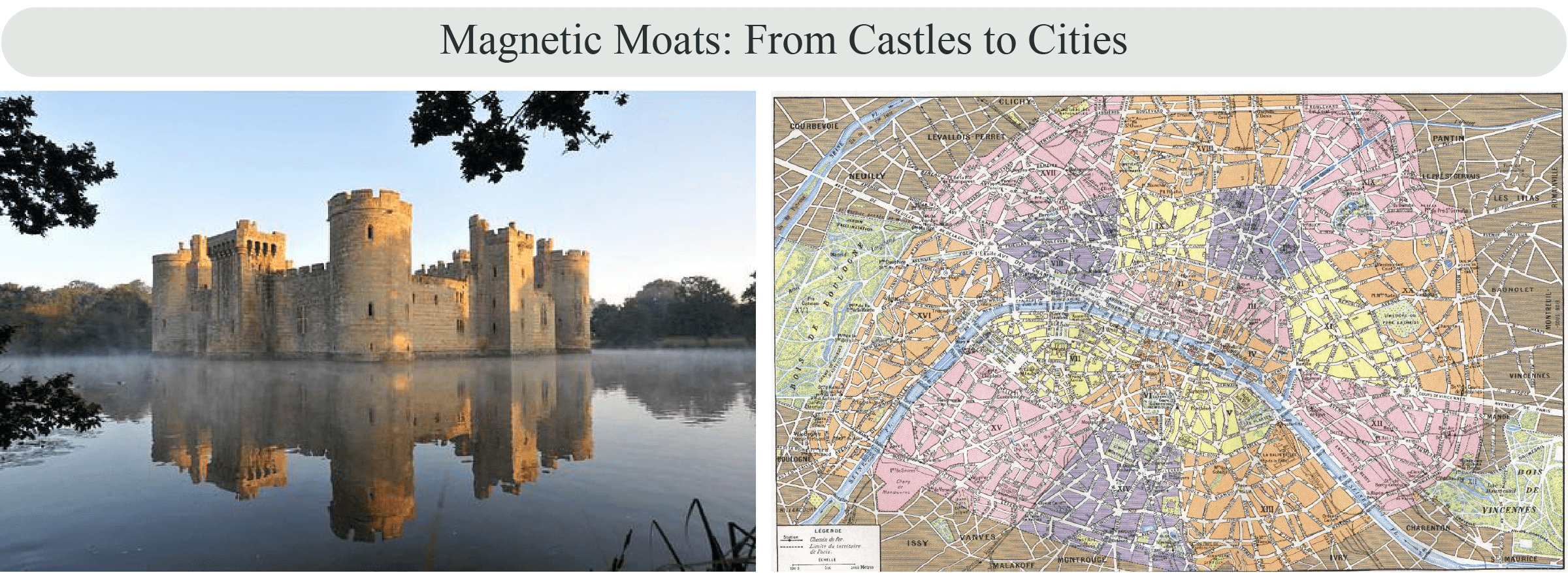Keep a cool head and maintain a low profile. Never take the lead—but aim to do something big.
— Attributed to Deng Xiaoping
Now that some companies have attained the relevance and complexities of megacities and nation-states, we’ve been asking ourselves what we can learn from nation builders about best practices for business builders. There are many types of nation builders. Some are warriors like Genghis Khan or Alexander the Great. Some are peaceful revolutionaries like Gandhi Ji. Others are more technocratic like Deng Xiaoping or Lee Kuan Yew. Some nations, like the United States, are more explicitly the creations of many founders.
Tech company founders can be categorized similarly. And their corporate cultures—each on its own journey and at its own stage of transition—also span this spectrum. Our observation of them reveals various nuances around the following traits and patterns, which are common among durable business ecosystem founders and nation builders.

